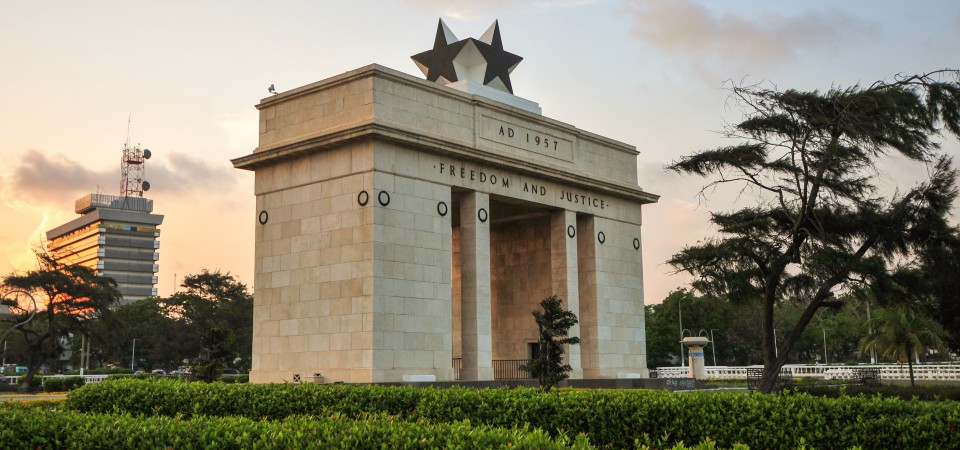As members of the United Nations Security Council, Ghana, Kenya and Gabon have publicly condemned Russia’s actions in a vote cast during an emergency session on 25 February 2022. While the reasons for the invasion are many, the conflict is already taking its toll on an already fragile global economy barely recovering from one of the worst economic downturns since the Great Depression.
The conflict has added more uncertainty to the prospects of an even and equitable recovery, which is already under the strain of vaccine inequity, supply chain shocks and resultant global inflationary pressures.
To put things into context, the crisis has already sent oil prices to near 14-year highs, with Brent crude hitting over US$130 per barrel . There have been similar spikes in global gas markets. And equities and soft commodities, like wheat, have also seen significant volatility.
Even before the start of the Russia-Ukraine conflict, several emerging market economies like Ghana were already classified as being at high risk of debt distress. Further compounding the debt issue is that any hikes in interest rates by the US Federal Reserve System will cause some portfolio outflows from Ghana and increase the cost of international financing – 30% of Ghana’s domestic debt is held by individual investors, firms and institutions.
The elevated debt pressures also come amid rising inflation concerns.
Finally, access to the international capital markets, such as Eurobonds, by the government to finance the 2022 budget has also become increasingly difficult in the face of recent sovereign risk downgrades and tight global financial conditions.
Given this context, a prolonged Russian-Ukraine conflict will cause further economic dislocations to Ghana. This will happen primarily via two channels: oil prices and sourcing inputs for the agricultural sector.
Ghana’s vulnerabilities
Ghana became a crude oil-exporting nation in December 2010. Since then production has risen by 173% from 68,000 barrels of oil equivalent per day (bopd) 2011 to 185,000 bopd from three fields as of December 2020.
Continues…

For the full article by Dr Bridget O. Menyeh visit the Conversation.
ENDS
